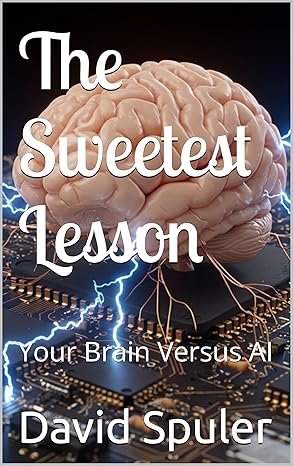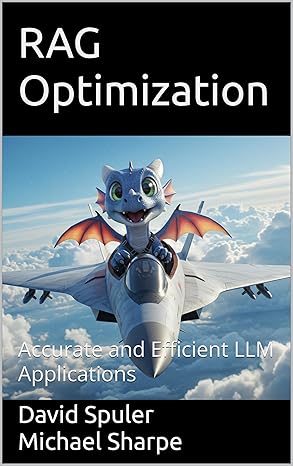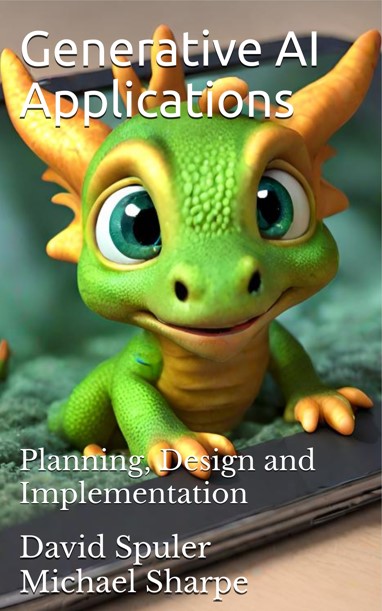Aussie AI Blog
Consumer versus Enterprise AI
-
December 9th, 2024
-
by David Spuler, Ph.D.
Consumer versus Enterprise AI
Enterprise AI has been all the rage. Huge funding rounds, literally in the billions, have become the norm. There are funded startups in any horizontal niche of enterprise AI, and across any of the verticals you care to name.
Consumer AI, not so much.
Generally speaking, venture capital funding of consumer AI has been around 7% of AI funding, whereas enterprise AI captures 93% of VC dollars. And note that the category of "enterprise" does not include small-to-medium businesses (SMBs), so the funding for "pure consumer" plays, such as free online AI websites, is less than this.
Why the discrepancy?
Well, money. Enterprises are far more willing to pay for AI, SMBs less so, and consumers even less. With all the massive AI hype, the budgets available for enterprise AI projects have grown exponentially.
The Bull Case for Consumer AI
Some of the data points in favor of consumer AI include:
- Exits are almost as common in consumer tech versus enterprise tech.
- Exits tend to be larger in average dollar terms.
- Enterprise is over-invested, whereas Consumer AI is not.
Most of the biggest IPOs are consumer plays. And most of the biggest AI companies are actually doing well with consumers (e.g., OpenAI with ChatGPT).
If this is true, then why are VCs holding back? Well, part of it is probably "herd mentality" in VC rounds, but that's not the full story.
The Bear Case for Consumer AI
Some of the other brakes on consumer AI investment include:
- No clear "killer app"
- Fragmented consumer AI apps
- Use cases and benefits uncertain
But isn't that a reason to invest? If there's no killer app, and everything's fragmented, then maybe there's a big opportunity?
Perhaps a bigger concern is that there are some massive players with an interest in consumer AI:
- Apple Intelligence on iPhone and MacOS
- Microsoft "Copilot" on Windows (also Azure)
- Google AI SDKs for Android (also GCP)
- Meta with Llama models
- Amazon AWS
An important point to note is that all of these vendors have non-AI revenue streams that give them incentives to offer consumer AI features for free:
- Apple — iPhone upgrade cycle (hardware sales).
- Microsoft — AI PC upgrade cycle (Windows OS and Office sales), and Azure hosting.
- Google — advertising (and GCP)
- Amazon — server hosting (AWS), and e-commerce
- Meta — advertising
Is it true that these big tech players aren't really looking to make money directly from consumers using AI applications? It's somewhat mixed. Microsoft has been charging real dollars for AI features in its copilot software, but this is more focused at SMB and enterprise than mainstream consumers. Apple will be looking to enhance its massive services businesses, which will start to charge consumers for AI-based apps.
But, if you think about the various companies' revenue streams, and have a look at Meta for an example, then you'll realize that a lot of these big tech vendors will:
(a) massively invest in consumer AI, and
(b) give it away for free.
It might be a while before VCs start to do big rounds with consumer AI players!
Related Research
More AI Research Topics
Read more about:
AI Books from Aussie AI

|
The Sweetest Lesson: Your Brain Versus AI: new book on AI intelligence theory:
Get your copy from Amazon: The Sweetest Lesson |

|
RAG Optimization: Accurate and Efficient LLM Applications:
new book on RAG architectures:
Get your copy from Amazon: RAG Optimization |

|
Generative AI Applications book:
Get your copy from Amazon: Generative AI Applications |

|
Generative AI programming book:
Get your copy from Amazon: Generative AI in C++ |

|
CUDA C++ Optimization book:
Get your copy from Amazon: CUDA C++ Optimization |

|
CUDA C++ Debugging book:
Get your copy from Amazon: CUDA C++ Debugging |